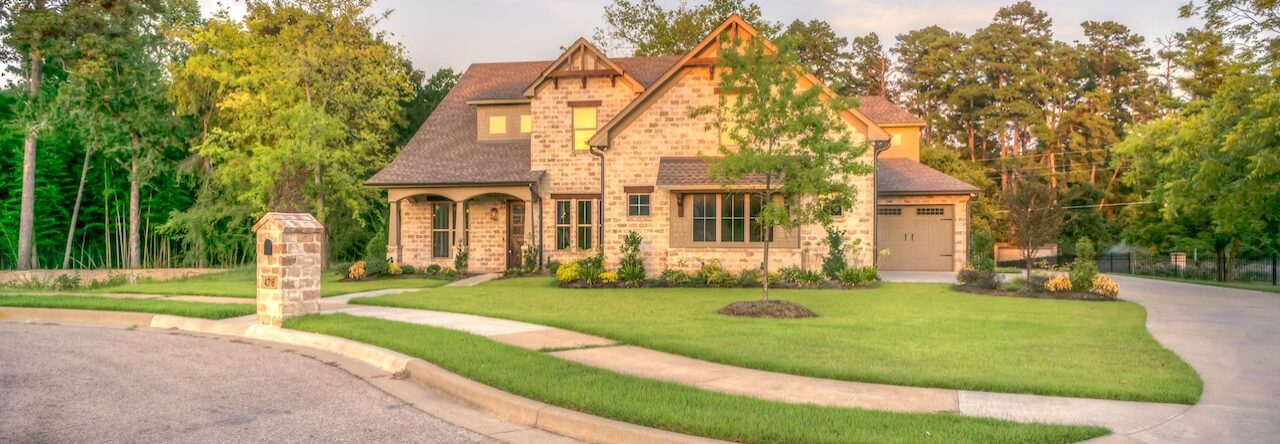Creating a sustainable and eco-friendly lawn care routine in Marietta, GA, is not only good for the environment but also promotes a healthier and more resilient lawn.

Here are some tips to help you establish a sustainable lawn care routine in Marietta:
- Choose the Right Grass Type:
Opt for grass varieties that are well-suited to the local climate in Marietta. Warm-season grasses like Bermuda, Zoysia, and Centipede are common choices due to their drought tolerance.
- Soil Testing and Soil Health:
Start with a soil test to determine your lawn’s nutrient needs and pH levels. Properly balanced soil provides a healthy foundation for your lawn.
Use organic matter like compost to improve soil structure and nutrient content. This enhances water retention and reduces the need for chemical fertilizers.
- Water Conservation:
Water deeply and infrequently to encourage deep root growth. Early morning watering reduces water loss through evaporation.
Consider installing a rain barrel to collect rainwater for use on your lawn and garden.
- Proper Mowing:
Maintain the correct mowing height for your grass type. Taller grass shades the soil, reducing weed growth and conserving moisture.
Keep mower blades sharp to ensure clean cuts and minimize stress on the grass.
- Mulch Grass Clippings:
Leave grass clippings on the lawn as mulch. They return nutrients to the soil, reducing the need for synthetic fertilizers.
- Organic Fertilization:
Use organic or slow-release fertilizers to reduce the risk of nutrient runoff and groundwater contamination.
Apply fertilizers sparingly and based on soil test recommendations.
- Integrated Pest Management (IPM):
Adopt an IPM approach to pest and weed control. This method focuses on prevention, monitoring, and using the least toxic methods when necessary.
Encourage natural predators like ladybugs and beneficial nematodes to control pests.
- Compost and Natural Amendments:
Use compost to improve soil fertility and organic matter content.
Consider natural soil amendments like lime or sulfur to adjust soil pH.
- Selective Weed Control:
Use selective herbicides only when necessary and target specific weeds. Spot treat rather than applying herbicides over the entire lawn.
Promote a dense, healthy lawn through proper maintenance to naturally suppress weed growth.
- Dethatching and Aeration:
Perform dethatching and aeration as needed to improve soil aeration and reduce compaction.
These practices promote healthy root growth and reduce the need for synthetic inputs.
- Eco-Friendly Lawn Care Products:
When purchasing lawn care products, choose eco-friendly and biodegradable options that are less harmful to the environment.
- Native Plants and Landscaping:
Incorporate native plants into your landscape design. They require less water and maintenance and support local wildlife.
Group plants with similar water needs together to reduce water waste.
- Reduce Lawn Size:
Consider reducing the size of your lawn by adding more natural landscaping features, such as flower beds, shrubs, or trees. This reduces the amount of water and resources needed for lawn care.
- Rain Gardens and Swales:
Create rain gardens or swales to capture and filter rainwater on your property. These features can help reduce runoff and improve water quality.
- Regular Maintenance:
Maintain your lawn equipment regularly to ensure optimal performance and reduce emissions.
- Education and Awareness:
Stay informed about sustainable lawn care practices and environmental regulations in Marietta, GA.
By implementing these sustainable and eco-friendly lawn care practices in Marietta, you can create a beautiful and environmentally responsible lawn that enhances the beauty of your home while minimizing its impact on the ecosystem.
